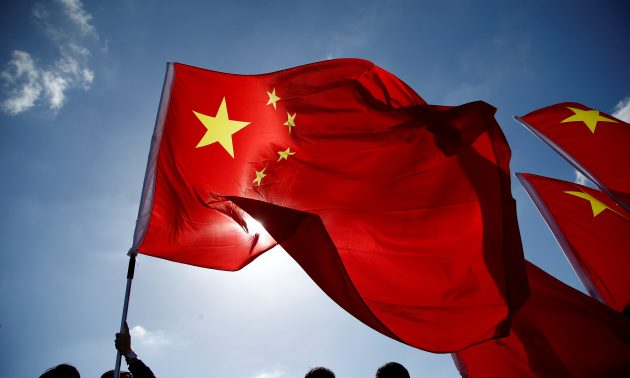
The Chinese censorship of a prominent journal for hundreds of academic papers will have little effect. This is due to the fact that the readership is minute. But if Western organizations do not like the way stuffs are carried out in China they can depart. This statement was done by Global Times, the state-run newspaper, in an editorial this week.
The editorial came into sight post the news that CUP (Cambridge University Press) had jammed the access on its website to a range of some 300 book reviews and papers in China. They blocked the access to the China Quarterly, which the Chinese government had requested to be removed.
CUP claimed that it met the terms so that the bigger body of its educational and academic materials can stay accessible in China. But opponents argue that the publisher had destabilized the values of academic independence and freedom and gave its name the censorship of China.

The book reviews and articles touched on topics that are believed sensitive by the Government of China, comprising the Cultural Revolution from 1965 to 1975 in Xinjiang, Taiwan, and Tibet as well as the pro-democracy demonstrations in 1989 in Tiananmen Square.
“Western organizations have the liberty to choose. If they do not like the Chinese method, they can end engaging with us,” claimed the editorial in the Global Times. Global Times is a patriotic tabloid under below the official People’s Daily newspaper of Communist Party.
“If they believe that Internet market of China is so essential that they cannot miss out, they require adapting to the Chinese way and respecting Chinese law.” The Chinese variant of the editorial characterized the fight of values as a battle of power. “Time will decide who is wrong and who is right,” it claimed. Word about the move by CUP, the decades-old publishing arm of Cambridge University, set off a flood of disapproval comprising from foreign scholars of affairs for China.
In an open memo posted on Medium, a history professor at Georgetown University, James A. Millward, claimed that the decision was a shameful, craven, and destructive concession to developing censorship rule of China and an infringement of academic freedom.
